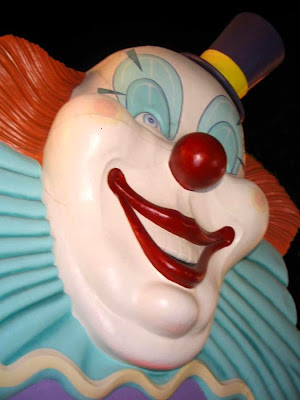In an interesting experiment at Amherst College (Amherst, Massachusetts) a band of steel was secured around a young squash. As the squash grew, it exerted pressure on the steel band. Researchers wanted to know just how strong a growing squash could be, so they measured the force it brought to bear on its constraints. They initially estimated that it might be able to exert as much as 500 pounds of pressure, which is a rather remarkable feat in itself.
In one month, the squash was pressing the hoped-for 500 pounds. But it didn’t stop there. In two months it was applying 1,500 pounds against the steel band and soon the researchers measured 2,000 pounds of pressure. That is when they decided to strengthen the band which was now threatening to snap. As it grew, the squash applied more and more pressure in order to free itself of the constraint. It finally achieved the astounding force of 5,000 pounds of pressure to bear on the band (ten times their original estimation) – when the rind split open.
Researchers sliced it open and found it to be inedible, as it was filled with tough, coarse fibers that had grown specifically to push against the steel which held it in. Since the plant required great amounts of nutrients to gain the strength needed to break its bonds, its roots extended unusual distances in all directions. In fact, it had grown to be so large and powerful, it single-handedly took over the garden space.
Similarly, we may have no idea just how strong we really can be when faced with great obstacles. If a squash can exert that much physical pressure, how much more strength can human beings apply to a situation? Most of us are stronger than we realize. Chilean writer Isabel Allende reminds us, “We all have an unsuspected reserve of strength inside that emerges when life puts us to the test.”
Are you being tested? Do you face an immovable obstacle? Does it seem overwhelming? If so, remember the squash. Its single-minded purpose was to break the bonds which held it. If you patiently focus your energy – what problem can stand against the great mental, spiritual and physical strength you can bring to bear?
-- Steve Goodier
Image: flicker.com/Rudi Riet








